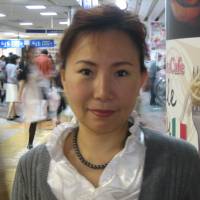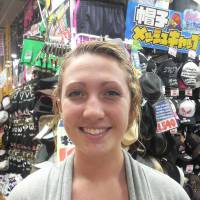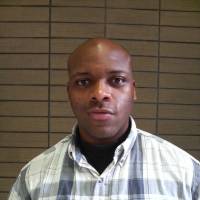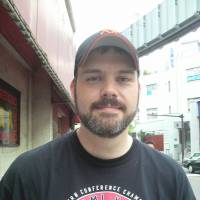Mike Duncan
English teacher, 36 (American)
I learned nuclear energy vocabulary like genpatsu (nuclear power plant) and the word for "contamination" (osen) and hōsha (radiation). Despite all the bad news, people were really calm in the face of disaster — no riots and everything was orderly.
Julie Mateen
Schoolteacher, 45 (Taiwanese)
Words I learned were genpatsu, osensui (contaminated water) and merutodaun (meltdown). From this disaster I hope Japan learns to accept more help and technology from other countries — don't always worry about being No. 1 and refuse foreign help.
Sam Baranowski
Translator, 29 (American)
I learned yoshin (aftershock), keikakuteiden (planned power outage) and the different usages of the word kizuna (bond). It was also good to see people come out of their personal bubbles as a result of the quake and to see all the donations and volunteering.
Megan Engelbach
U.S. Navy, 21
We wore our "Support Japan" T-shirts for about a month afterwards, so the locals tried to speak English with us. If anything, the Japanese learned more English from speaking to us about the quake. It was great how much we came together, pulled together.
Steven Love
Assistant language teacher, 25 (American)
I was a Japanese major in college, so I knew a lot of the words already. I noticed how things bounced back pretty quickly in Japan after the earthquake. My students are doing more papers and speeches using the earthquake as a theme.
Matt Burton
University lecturer, 37 (Canadian)
I learned the word for aftershock, yoshin, and genpatsu. My impression was that Japan was remarkably prepared, no one got panicked or upset, and people continued to line up quietly even with the power out immediately after the quake.
Living outside Tokyo and interested in gathering views in your neighborhood? E-mail [email protected]








